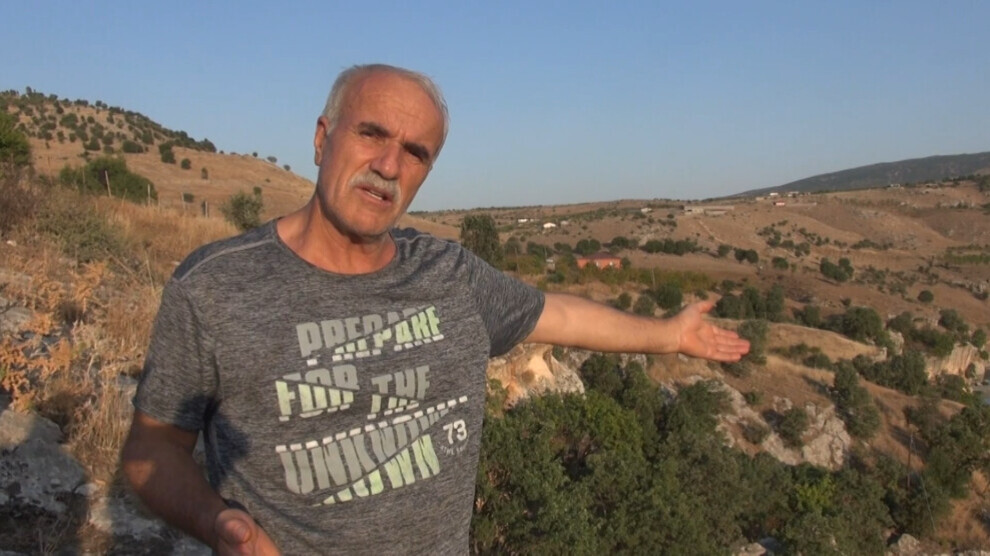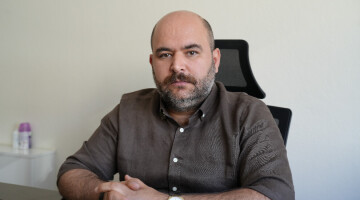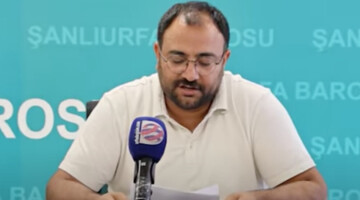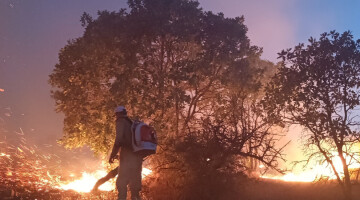The construction of dams and Hydroelectric Power Plants (HEPP) by the Turkish government continues in Kurdistan. These HEPPs alter the ecological balance of the environment and all living things are negatively affected. The Farqîn Dam, which has been under construction for years and covers the triangle of Licê, Pasûr (Kulp) and Farqîn (Silvan), is creating many problems for the villagers of approximately 50 villages and hamlets.
The HEPP and sand quarries built on Pasûr Stream also affect the ordinary flow of life as it affects primarily the need for clean water. People living in the village of Kanîkan in Pasûr said that 50 settlements around Pasûr Stream cannot use clean water and that not even a treatment plant has been set up.
Nizam Ateş, one of the villagers from Kanîkan, said that Pasûr was not defended and for this reason there has been no solution to this problem for years. Ateş stated that the polluted waters caused by the sand quarry construction sites flow into Pasûr Stream.
HEPP, dam and sand quarry
Ateş continued: "The sewage water of the Kulp district is not treated. The HEPPs on Çay also cut off the water for 3 months during the summer months. When the water is cut off, the fish die. We are also unable to draw clean water to our fields and homes. It is not only water that people benefit from, because it is used by thousands of large and small cattle. For years, they have not built a treatment plant on this stream which meets the water needs of Badika, Hevêdan and Kulpiya. We have been suffering from this problem for years because of dams, HEPP, sand quarry and sewerage."
Stop cutting our water
Another villager, Abdullah Kılıç, said that they had already lost many things. He underlined that no matter what they said, a solution was not found. "You see the state of water. All the animals living in the water died. This is something conscience, mercy or humanity could not allow. I am 66 years old, and for the first time in the last 4 years I have seen water so dirty. This HEPP was built 10 years ago, and in the first years it was not too bad. But the flow of water gradually decreased. They take our water away from us. They hold the water, store it so that they can generate electricity. Eventually, we will die of thirst here. We demand that the water is not cut off. We want MPs to deal with this issue."














